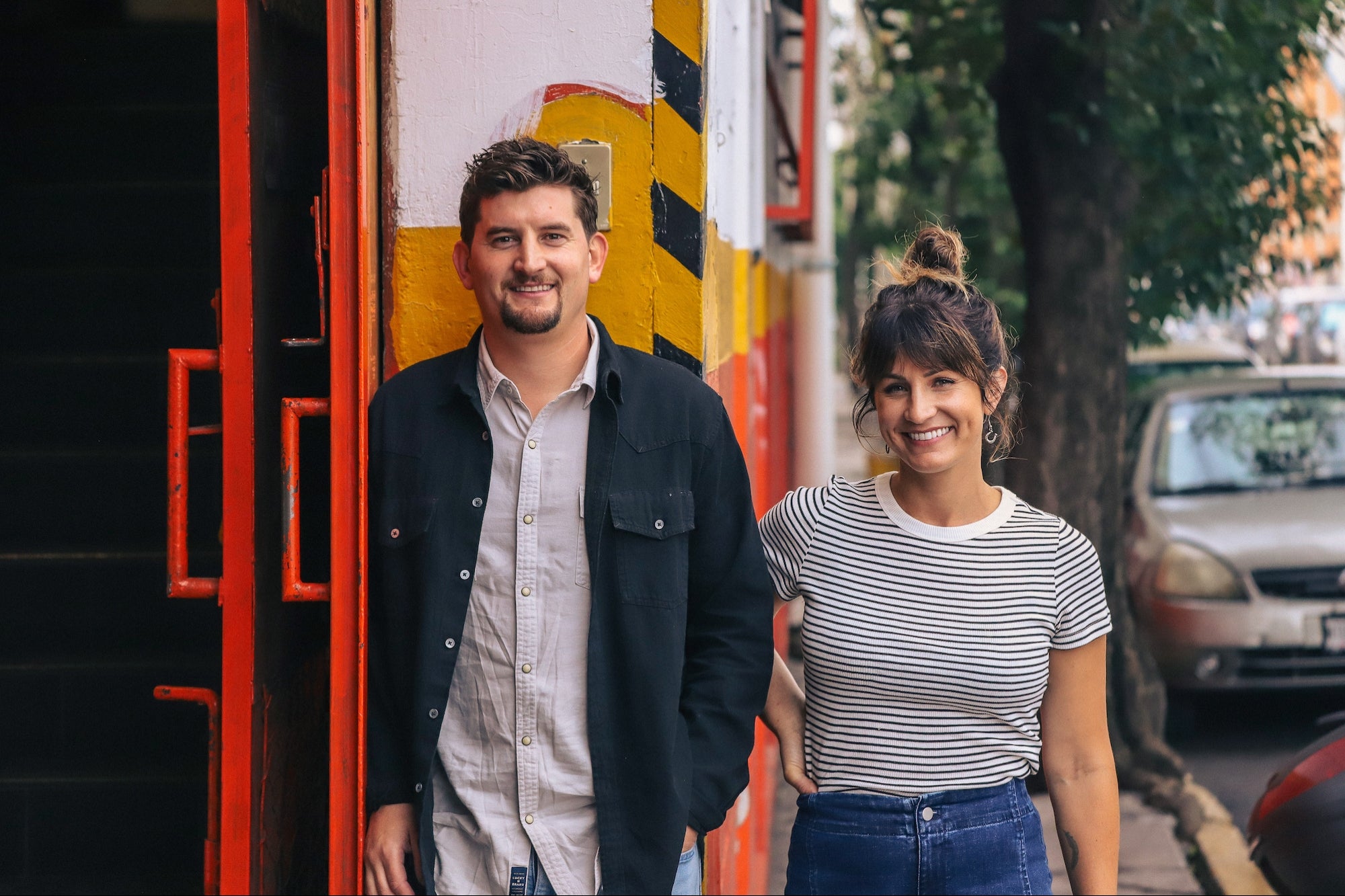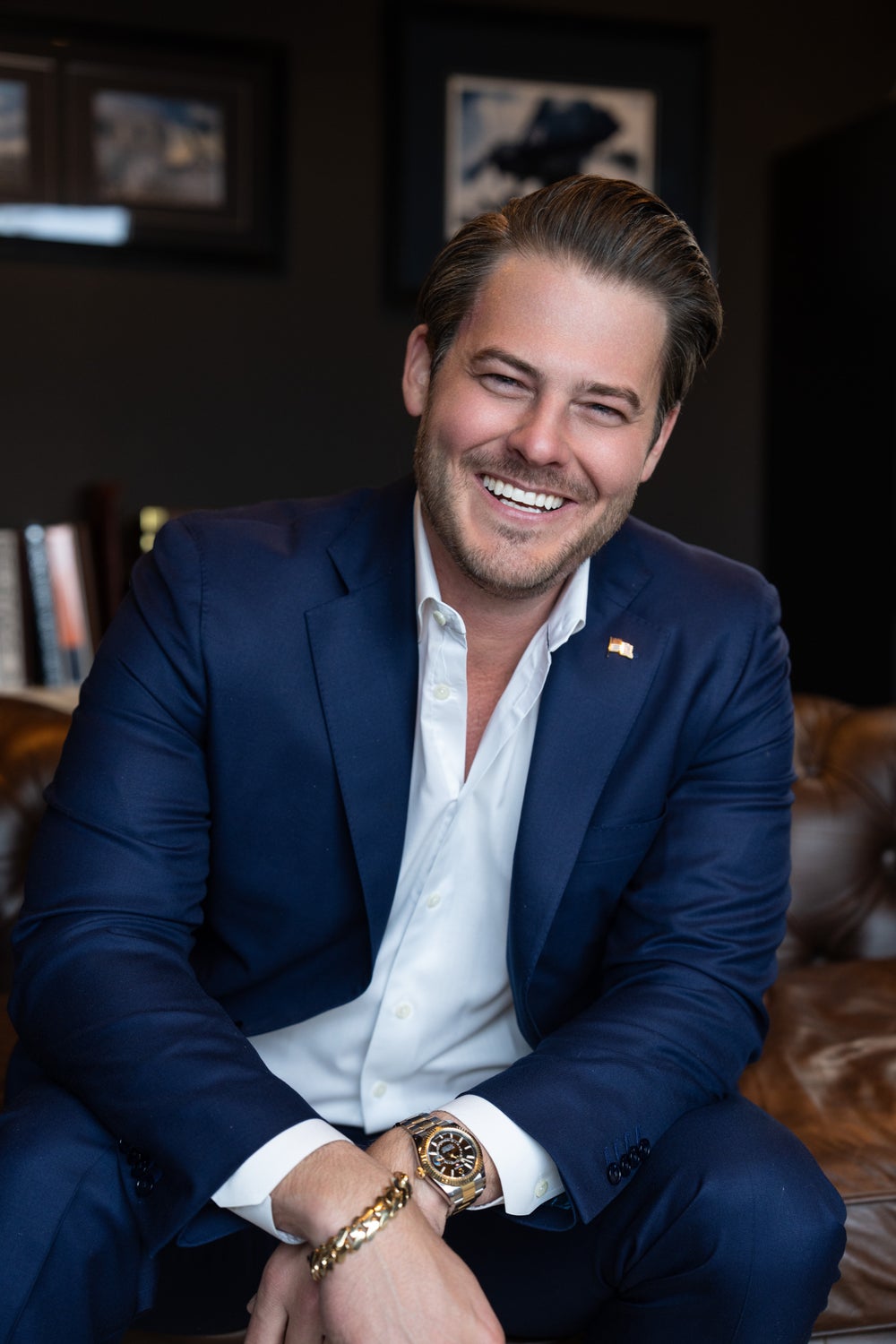Even the most successful people tend to look back with some regrets.
When it comes to starting a business, entrepreneurs face countless tasks and decisions: from coming up with an idea to conducting market research, creating a business plan and pitch, gathering user feedback, maintaining positive cash flow and so much more.
Sometimes the best approach is only clear later on — when hindsight is 20/20.
Some entrepreneurs wish they’d started their business earlier instead of waiting for “perfect” and delaying success. Others could have benefited from more mentorship to avoid common pitfalls and costly mistakes. Founders who opted for fundraising over bootstrapping might feel boxed in by their investors.
The list goes on.
Over nearly five years, I’ve interviewed more than 100 entrepreneurs who started businesses worth $1 million to $1 billion. Regardless of how high-profile the founder or how much revenue they’ve generated, they, like all entrepreneurs, have had to contend with some steep learning curves on the road to success.
In the past several months, I’ve asked many entrepreneurs who started side hustles that grew into full-time businesses the same question: If you could go back in your business journey and change one process or approach, what would it be, and how do you wish you’d done it differently?
Despite the fact that all of those interviewed had built lucrative businesses, many of them revealed the same regret about their early entrepreneurial days: They wished they hadn’t tried to wear every single hat for so long — and had hired people to help them out a lot sooner.
Read on to see why five entrepreneurs — all of whom run businesses generating at least $1 million a year — say that hiring early on could have helped their startups grow faster.
Want to read more stories like this? Subscribe to Money Makers, our free newsletter packed with creative side hustle ideas and successful strategies. Sign up here.
Michelle Jimenez-Meggiato and Andrea Meggiato, founders of incredifulls
New Jersey-based couple Michelle Jimenez-Meggiato, 36, and Andrea Meggiato are the founders of the frozen snack brand incredifulls.
The couple launched The Pizza Cupcake, which would become incredifulls, as a weekend side hustle at the Brooklyn, New York food market Smorgasburg in 2018 and sold out of their pizzettas immediately. Then the founders used $20,000 in personal savings to help grow the business, ultimately landing a deal with Lori Greiner on Shark Tank and nationwide retail distribution with millions of dollars in annual revenue.

Image Credit: Courtesy of incredifulls
Looking back, Jimenez-Meggiato would have gotten the right help and systems in place as soon as possible.
“In the beginning, it’s tempting to do everything yourself to save money,” Jimenez-Meggiato says, “but bringing in part-time support and interns can free you up to focus on the work that drives the business forward. Even small improvements in how you operate make scaling much smoother and save tremendous time and energy down the road.”
Ross Friedman, founder of Slacker Media Group
Ross Friedman, 26, of Boston, Massachusetts, is the founder of Slacker Media Group, a live events company curating experiences at the intersection of music, lifestyle and entertainment.
Friedman started his business at the end of 2016 when he was just 16 years old. He ran it as a side hustle while he was a full-time student in college. Over the years, Friedman took the side hustle from an initial $3,000 profit to more than $4 million in lifetime sales and over 250,000 attendees.
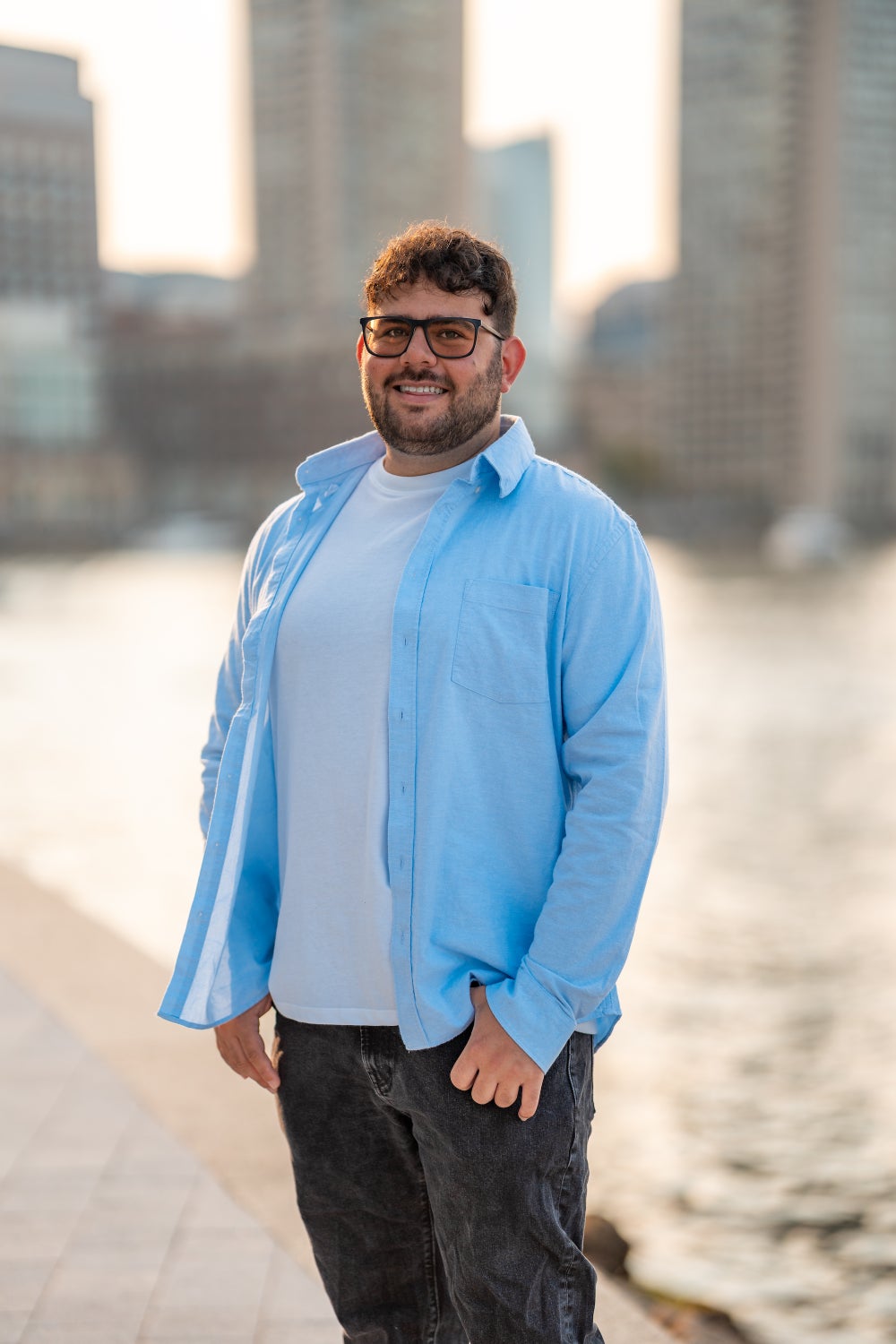
Image Credit: Courtesy of Slacker Media Group
Friedman also wishes he’d known the value of hiring earlier.
“I have always had a great team around me, from the early days to now, but for most of my career, I was the only person working on the project full-time,” Friedman says. “I made myself responsible for so much, and in the end, it limited the growth of the business. Learning to bring people in and to delegate tasks efficiently has changed my business and my life.”
Charles Eide, founder and CEO of EideCom
Charles Eide, 40, is the Minneapolis, Minnesota-based founder and CEO of corporate events company EideCom.
As a teenager, Eide side-hustled as a DJ, then began to produce major events at the University of St. Thomas. EideCom is seeing between 30% and 40% year-over-year growth and did $20 million in revenue last year, on track for $100 million in revenue by 2030.
Image Credit: Courtesy of EideCom
Eide admits he should have expanded his team sooner to tap into a wider range of expertise.
“I would have hired better people earlier,” Eide says. “In the beginning, you think you can do it all. After gaining experience, I’ve realized some people are much better at certain things than I am, and I should have hired them sooner.”
Victor Guardiola, founder of Bawi
Victor Guardiola, 27, of Austin, Texas, is the founder of lower-sugar agua fresca brand Bawi.
Guardiola started Bawi as a side hustle; he sold the initial product at farmers’ markets, doing about $2,000 in sales a month in the early days. Sales grew to $10,000 a month in Bawi’s first year, “enough traction to realize that we were onto something,” the founder says. Now the business is on track to surpass seven-figure annual revenue this year.
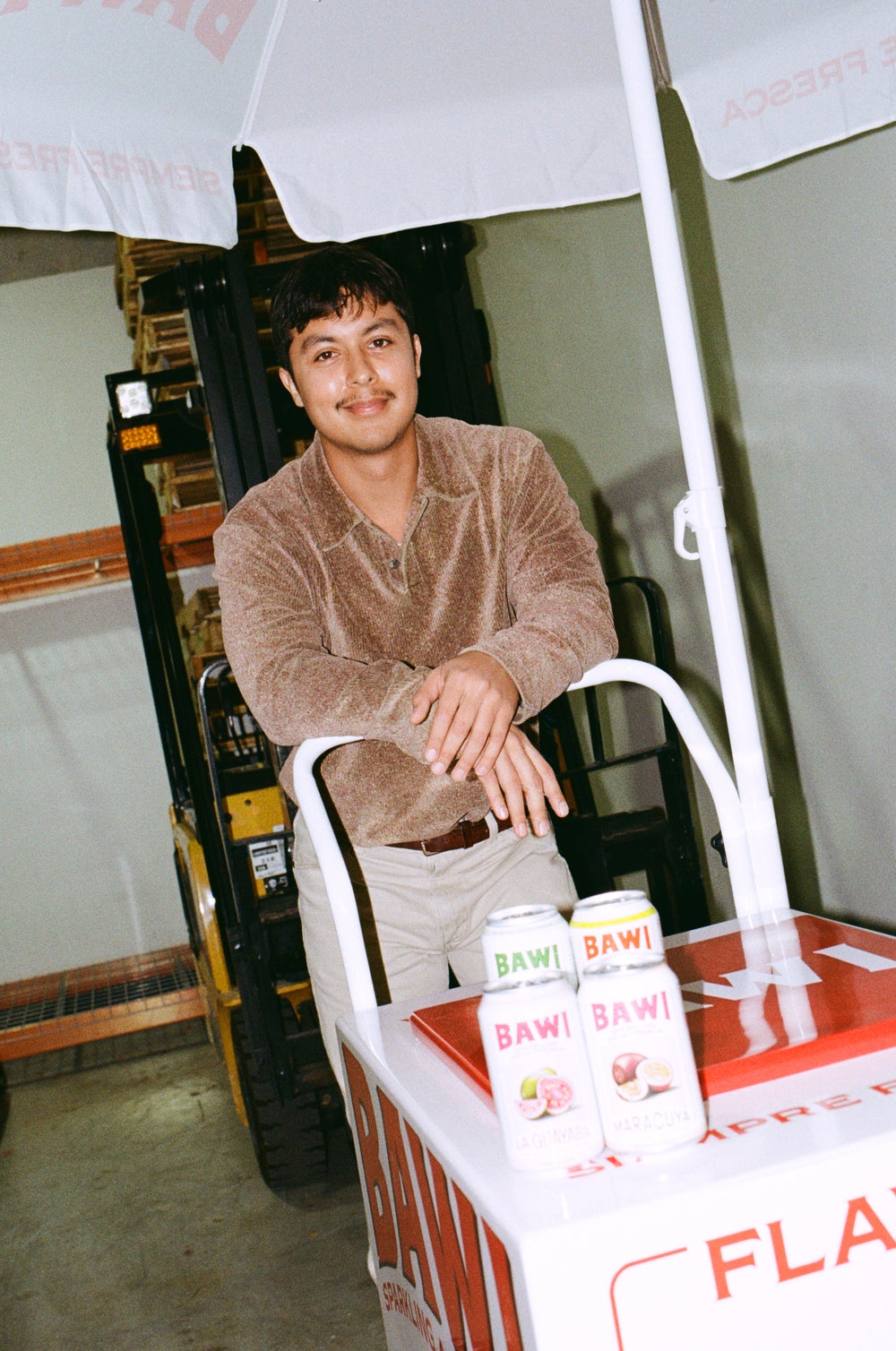
Image Credit: Courtesy of Bawi
Guardiola stresses the importance of hiring the right people sooner — and letting go of the wrong ones, too.
“Those early-stage hires have a tremendous impact on the trajectory of the business,” Guardiola says, “and having the wrong people involved can hamstring you in such profound ways. Every entrepreneur should think of the next hire sooner. The cost of having the wrong people involved in your team is extraordinarily high at an early stage. If anyone is causing friction in the business and not adding value, you need to move on. The cost of letting someone go only compounds with time.”
Jaime Holm and Matt Hannula, owners of Tinker Tin
Jaime Holm is the founder and VP of design, and her brother Matt Hannula is the CEO at Tinker Tin, which spearheads experiential marketing and advertising projects for companies like Lexus and on Hollywood sets like the infamous trailers of the Manson family in Once Upon a Time in Hollywood.
Holm started Tinker Tin as a side hustle more than a decade ago while working at Trader Joe’s and recalls taking phone calls about the business in between stocking bananas. Today, Tinker Tin is a $20 million company with zero debt.
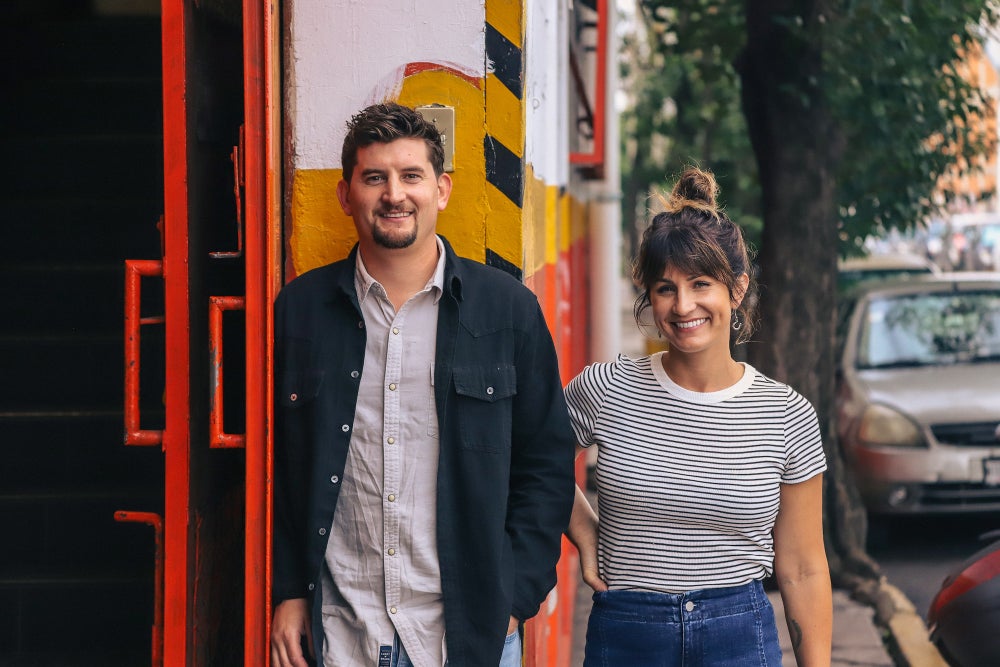
Image Credit: Courtesy of Tinker Tin
Although Holm doesn’t regret the business’s slower-growth approach, she says that hiring for key positions faster could have prevented burnout.
“We are a zero-debt company, so we saw slower growth in the beginning and [had] some burnout from having a skeleton team for longer than we probably should have,” Holm says. “Once my brother became an owner in the company and our CEO, and I was able to step back and focus on what I do best without juggling the entire company — that is when our true growth took off. Matt was able to implement lean manufacturing principles, our combined vision and so much more to streamline our growth.”
Hannula agrees, noting that when scaling a business, talent is so important — but he says he wishes he’d fired faster, too.
“When running and scaling the business, it often felt like a death sentence to fire someone because I ‘thought’ I needed them,” Hannula says. “But really, getting rid of a bad seed or poor talent is the exact thing I should have done early on to help scale better, faster and more efficiently.”


